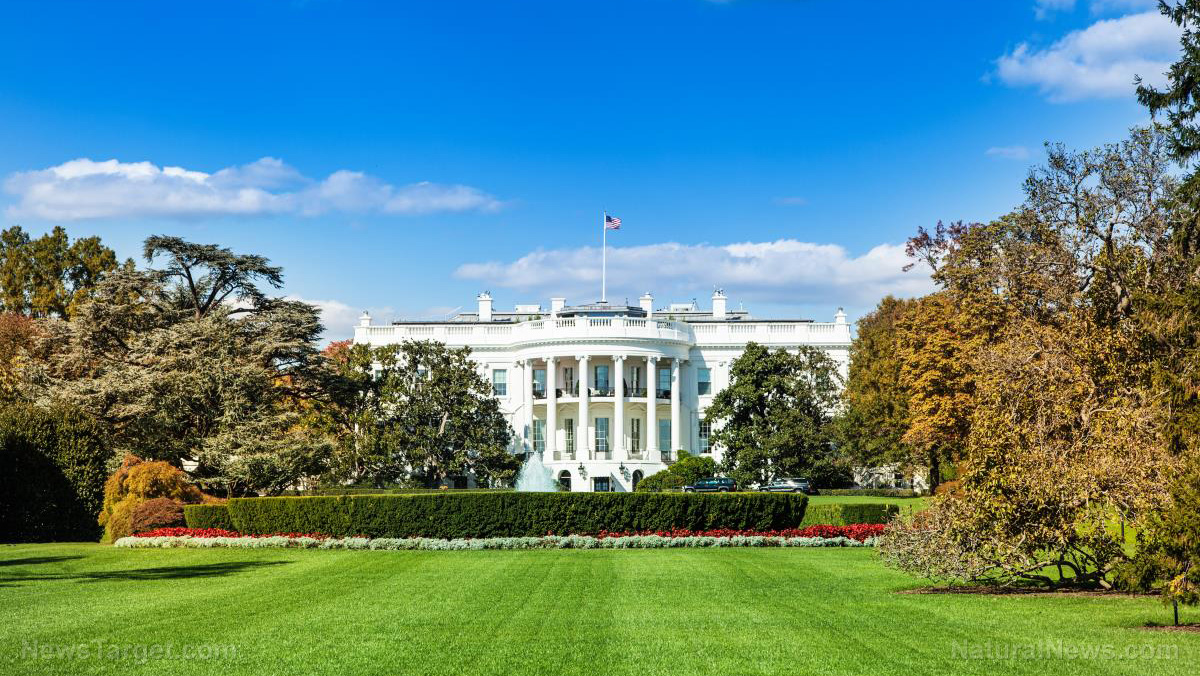
Redfield said that as a virologist, he wasn't convinced that SARS-CoV-2, the virus responsible for COVID-19, was already so contagious when it jumped directly from a bat to a person. This is the prevailing theory about the origins of COVID-19.
Redfield said he believed the virus was manipulated in a Wuhan laboratory to become more contagious, an idea that isn't as far-fetched as it seems. Redfield explained that when virologists study viruses, they "grow" the virus and help it develop so that they can conduct more experiments in the hopes of understanding it.
In the same vein, SARS-CoV-2 was likely developed to become more contagious for research purposes. But the virus was accidentally released by a worker in the laboratory, posited Redfield. He also said he believed the virus began circulating in Wuhan around September or October 2019, months prior to the official timeline.
Redfield also said it's not unusual for workers inside such laboratories to be infected with pathogens being studied. In fact, laboratory-acquired infections are a very real occupational hazard unique to laboratory workers, especially those working in microbiology laboratories.
Redfield clarified that he wasn't implying that the release of the virus was intentional.
Coronavirus escaped from lab in China
This is the first time that Redfield stated on the record that he believes the coronavirus came from a laboratory, not from a wet market where the initial cluster of cases was traced to. But he's not the first person to think that.
Former President Donald Trump said late last April that he has reason to believe SARS-CoV-2 was accidentally released from a laboratory in Wuhan. Trump, who drew flak from left-wing activists for calling the virus the Chinese virus, also suggested that Wuhan laboratory workers could have released the virus intentionally.
Then-Secretary of State Mike Pompeo also pointed out at the time that the Wuhan Institute of Virology was only a few of miles away from the wet market. He insisted that China provide the world access to the institute's laboratory.
In January, Pompeo called on the WHO to examine the possibility that SARS-CoV-2 escaped from a laboratory in Wuhan. "Beijing continues today to withhold vital information that scientists need to protect the world from this deadly virus and the next one," said Pompeo.
The Chinese government offered theories that the virus might not have originated in Wuhan after all. However, it has repeatedly blocked scientists from the U.S. from entering the country to investigate the origins of the virus, stirring a debate about the virus's origins and stoking tensions between China and the U.S.
The Chinese government had responded to Trump's theories at the time, dismissing such theories as fabricated and unfounded. Geng Shuang, China's then-representative to the United Nations (UN) and foreign ministry spokesperson, said the origin of the virus was a complex issue that should be studied by professionals.
Shuang also cited the institute's director, Yuan Zhiming, who said that their laboratory strictly implements bio-security procedures that would prevent the accidental release of any pathogen.
Scientists to report on investigation about coronavirus origins soon
During the COVID-19 briefing at the White House on Friday, Anthony Fauci dismissed Redfield's comments as mere opinions. Fauci, who serves as chief medical advisor to President Joe Biden, also said that there are a number of theories as to the origins of COVID-19.
The WHO had previously stated that the laboratory theory was extremely unlikely. But a team of scientists with the WHO who were allowed into Wuhan last year still haven't been able to determine the origin of the virus. (Related: China rewrites COVID history, purges 300 studies linking virus to Wuhan lab.)
But the team has a few theories – four, to be exact. Their lengthy report is being published after months of experts debating over the origins of the virus. It's not clear when the report will be released after its publication. Still, experts hope the first-of-its-kind report would offer some concrete answers.
Until then, experts can't completely rule out theories like Redfield's.
Go to Pandemic.news to learn more about the theories surrounding the origins of the Wuhan coronavirus.
Sources include:
Please contact us for more information.























